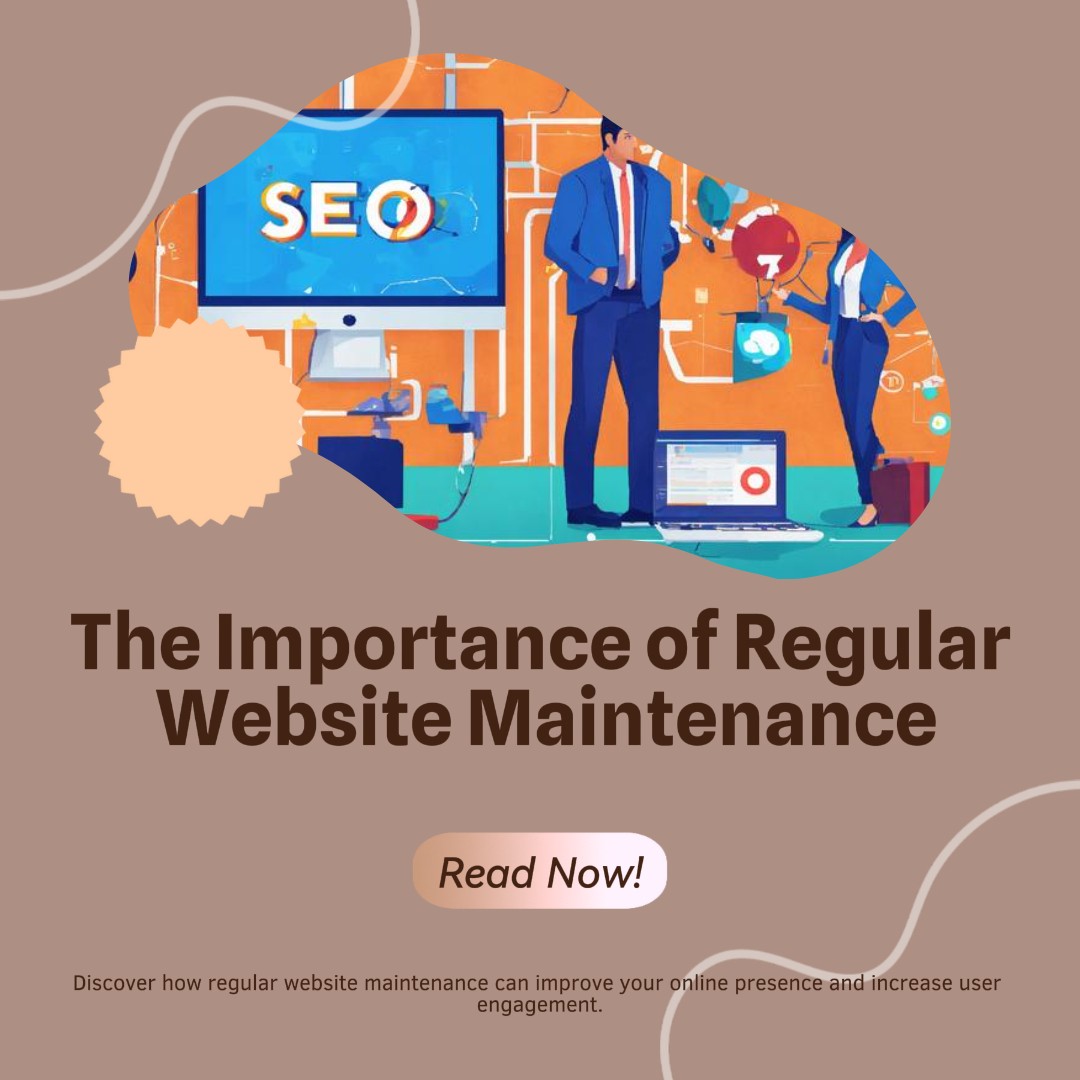Just like the entire digital world is changing with Artificial Intelligence/ Machine Learning, web development is no exception. Where earlier writing codes and crafting static web pages defined web development, today AI/ML has revolutionized the conceptualization, creation, and maintenance of websites—smarter, faster, and more intuitive.
This article will show you how AI and ML change the face of web development, what innovations are coming from them, and what the future holds. Whether you are a web development enthusiast or just a curious fellow interested in learning how the web evolves—there is something for everyone here.
Introduction
AI and ML are developed as powerful technologies that only engineers and data scientists can harness. Still, the after-effects of their work continue impacting every day. If one takes the context of website development, from designing to optimizing, they are undoubtedly making a difference. One could almost visualize a day when a website would become familiar with one’s preferences better than one does, adjusting itself to suit those preferences. That is the power of these technologies.
What is AI and Machine Learning?
Before we get into how to utilize them in web development, it is helpful to first understand what AI and ML mean. Artificial Intelligence is defined as the ability of machines to mimic human intelligence—learning, reasoning, and problem-solving. A subset of Artificial Intelligence, Machine Learning, is where computers “learn” from data and improve over time without explicit programming.
These technologies make the web smarter, more interactive, and adaptive, allowing users to have seamless experiences with web development.
AI-Driven Web Design
Long ago, the static one-size-fits-all web design days were erased with the advent of AI. Now, websites can adapt to real-time user behavior to determine the best possible experience for each user. AI tools observe user actions, attention, and behaviors to optimize the design.
For example, AI-based design tools such as Wix’s ADI can generate an entire website within minutes based solely on user input, providing a personalized design experience without wasting hours of effort from developers and designers.
Automating Web Development
Imagine creating a web page without writing a single line of code. AI and ML-based automation, such as GitHub’s Copilot, suggest code completions, speeding up development dramatically.
Some platforms have advanced AI code generation where developers only describe what they want, and AI does the rest, reducing human error and speeding up web development processes.
Personalized User Experiences
AI is excellent at personalization. Websites now use AI to study user behavior, offering personalized recommendations on e-commerce sites, customized news feeds, and more. AI can enhance user experiences by remembering past interactions and adjusting accordingly.
Chatbots and Virtual Assistants
Chatbots and online assistants, powered by AI, provide 24/7 support without human intervention, enhancing customer service. Tools like ChatGPT and Google Dialogflow allow websites to handle queries, make bookings, and assist users efficiently.
Predictive Analytics for Web Optimization
AI and ML offer valuable insights through predictive analytics, helping developers optimize websites for user engagement and conversion. Predictive analytics can identify changes that improve user experience, reduce bounce rates, and increase conversions.
Improving SEO with AI
SEO is critical for website success, and AI-based tools like Surfer SEO and Moz help developers track trends, optimize content, and identify top keywords. AI streamlines the SEO process, making it easier to create high-ranking content with minimal guesswork.
AI-Powered Content Creation
AI tools like Jasper AI and OpenAI’s GPT-4 use NLP and Generative AI to create human-like content. These tools can write blog posts, product descriptions, and other content, freeing up creative space for human input.
Security is a major concern in web development, and AI helps minimize risks. AI-based security systems can detect suspicious patterns and prevent security breaches before they occur, protecting websites from real-time threats.
Challenges of AI in Web Development
AI presents challenges, such as data privacy concerns and the steep learning curve for developers. Large datasets are required to train AI systems effectively, and developers need specialized knowledge to manage and apply these technologies.
The Future of AI and Web Development
The future of AI in web development is promising, with advancements in code automation, personalized web experiences, and enhanced security. As AI continues to evolve, developers will need to adopt new tools and strategies to stay ahead.
Conclusion
From automating tasks to improving security and personalization, AI and ML are shaping the future of web development. With constant evolution in the field, it’s exciting to see what the future holds for AI-driven websites.
Frequently Asked Questions
- What are the roles of AI and ML in web development?
AI and ML can automate coding work, provide individualized experiences, optimize for search engines, and improve security through predictive analytics and real-time threat detection. - Can AI replace a web developer completely?
AI will assist with certain tasks, but web developers are still needed for creative thinking, problem-solving, and managing complex websites. - How does AI benefit the user experience on websites?
AI learns user behavior and preferences, tailoring content and experiences to individual users, enhancing engagement. - What are the challenges with using AI in web development?
Challenges include data privacy concerns, the steep learning curve for developers, and the need for large datasets to train AI systems. - What’s the future for AI in web development?
The future includes more automation, smarter web design tools, enhanced security measures, and highly personalized user experiences.
Relevant Links:






